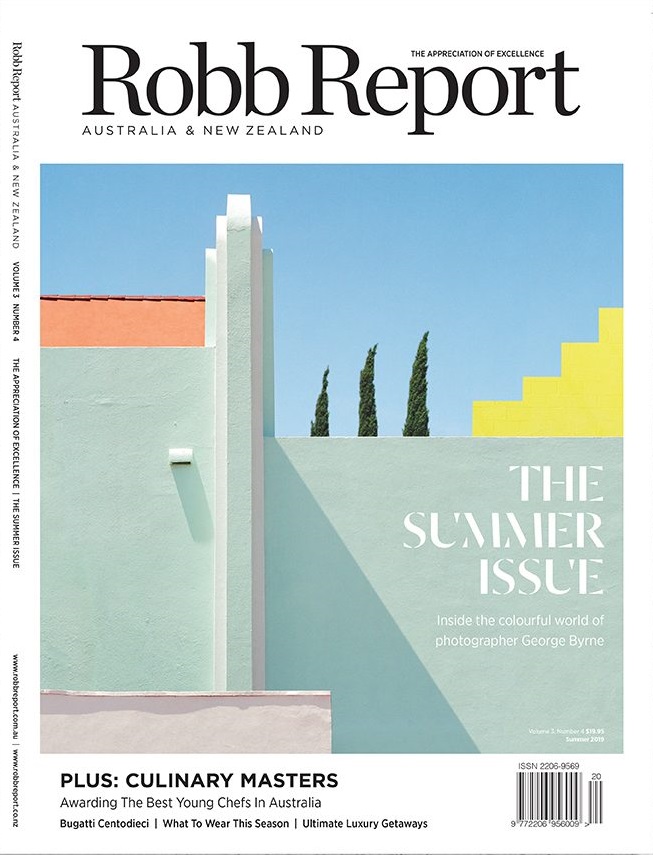The coronavirus crisis has changed everyday life for most Australians in recent months – and it’s about to change tax time too.

The end of financial year is just around the corner – and the Australian Taxation Office has just announced a stack of changes to tax time 2020.
According to the ATO, the COVID-19 pandemic has changed many taxpayers’ circumstances in one way or another, which will be reflected in our tax returns this year.
That’s why the tax office has pulled together new resources to help Aussies navigate their tax affairs during this tough time.
“We know many of our clients and their agents will have questions about how different types of income and expenses may affect their obligations this year. We’re helping to make sure people know how to get it right,” assistant commissioner Karen Foat said.
“We have published information on our website to help you get it right when lodging this year, including the Tax Time Essentials page which is a one-stop shop for the things that are a little different this year and how they impact your return.
“If you’ve read through the information on our website and still have a question, search our online forum ATO Community. This forum is available 24 hours a day and we have a great community of expert members who respond to questions.”
The ATO has also explained the most common ways COVID-19 will impact workers’ tax affairs.

WORK-RELATED EXPENSES
This year, the ATO is expecting a huge spike in people claiming deductions for working from home or for protective items required for their job.
Working from home
A temporary, shortcut method which applies to working from home expenses between March 1 and June 30, 2020 was previously announced in a bid to make it easier for the millions of Aussies who suddenly found themselves barred form the office at the peak of the outbreak.
The special new arrangement will allow people to claim a rate of 80 cents per hour for all their running expenses, instead of calculating costs for specific running expenses as taxpayers would under normal circumstances.
It covers all deductible expenses and can be used by multiple people working from home in the same house.
People claiming their working-from-home expenses using the shortcut method should include the amount at the “other work-related expenses” question in your tax return and include “COVID-hourly rate” as the description.
“If you use the shortcut method, all you need to do is keep a record of the hours you worked from home as evidence of your claim. But it is all-inclusive, meaning you can’t claim for any other working-from-home expenses,” Ms Foat said.
Taxpayers can still choose to use one of the other existing methods to calculate their expenses for working from home if they prefer.
Protective clothing
Another deduction which is set to be more common due to the coronavirus is protective items such as gloves, face masks or sanitiser needed for work that requires physical proximity with others, including customers and client.
These items can only be claimed by taxpayers if they paid for them and were not reimbursed.
Industries more likely to claim these expenses include retail, healthcare and hospitality.
WHAT YOU CAN’T CLAIM
Ms Foat said most of the time, employees couldn’t claim the cost of travelling to and from work – and working from home due to the health crisis wouldn’t affect that rule.
“For example, if you are working from home because of COVID-19 but need to go to your regular office one day per week, your home to work travel is still private travel and cannot be claimed,” Ms Foat said.
She said the ATO also expected claims for laundry expenses and travel to fall this year because of the increase in people working from home or losing their jobs altogether.
Reduce claims that aren’t relevant for part of the year
“If you aren’t travelling for work, you can’t claim travel expenses. If you aren’t wearing your work uniform, you can’t claim laundry expenses,” she said.
“It’s still important to meet the three golden rules: You must have spent the money and not have been reimbursed, it must relate directly to earning your income, and you must have a record to prove it.
“What you can claim really depends on your circumstances. While we are trying to make it easier for people to claim what they are entitled to, we are also asking people to take a bit of extra care if their circumstances have changed this year.”





